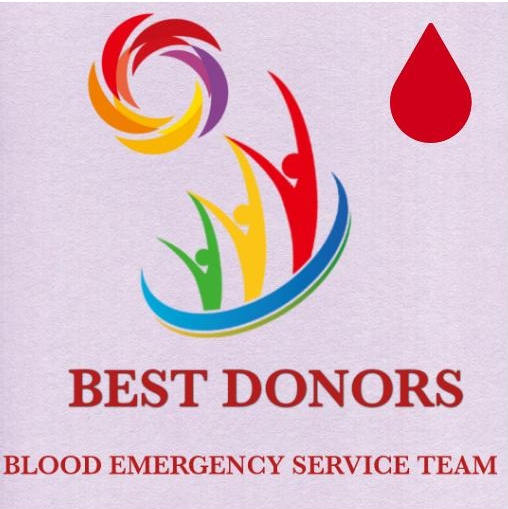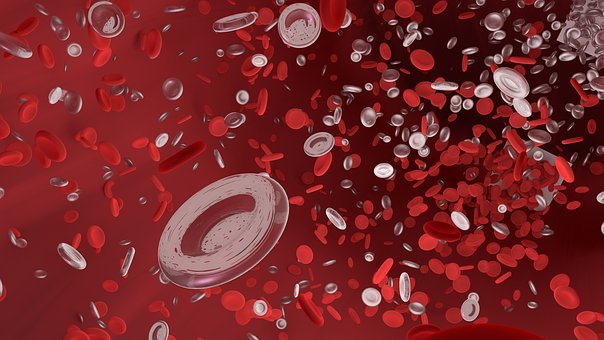Blood donation is a simple and safe way to save lives, but there are many myths and misconceptions that prevent people from donating.
In this article, we will debunk some of the common myths and provide you with the facts about blood donation.
Myth 1: Donating blood can weaken you
This is not true.
Donating blood does not affect your health negatively, as long as you are healthy before donating.
Your body will replenish the lost blood within a few days, and you will not be more susceptible to infections or diseases.
In fact, some studies suggest that donating blood may have some health benefits, such as lowering blood pressure and cholesterol levels.
For example, giving blood can burn up to 650 calories per donation.
This could help you maintain a healthy weight and reduce the risk of obesity-related diseases.
Myth 2: You can’t donate blood if you are on medication
This depends on the type and reason of your medication.
Some medications, such as antibiotics, anticoagulants, or blood thinners, may affect your eligibility to donate blood.
However, many medications, such as birth control pills, allergy pills, or painkillers, do not prevent you from donating blood.
You should always inform the staff at the blood center about any medication you are taking, and they will tell you if you can donate or not.
For example, if you are taking aspirin for pain relief, you can still donate blood, but you have to wait for 48 hours after your last dose.
If you are taking warfarin for blood clotting, you cannot donate blood at all, as it can cause bleeding problems for the recipient.
Myth 3: You can’t donate blood if you have tattoos or piercings
This is not true either. You can donate blood if you have tattoos or piercings, as long as they were done with sterile and single-use equipment at a state-regulated facility.
You may have to wait for a certain period of time after getting a tattoo or piercing, depending on the state you live in.
For example, in California, you have to wait for 12 months after getting a tattoo, but there is no waiting period for piercings.
For example, if you have a nose piercing that was done with a disposable needle at a licensed salon, you can donate blood right away.
However, if you have a tattoo that was done with a reused needle at a friend’s house, you have to wait for a year before you can donate blood.
Myth 4: You can only donate blood once a year
This is false. You can donate blood more frequently than that, as long as you meet the eligibility criteria and follow the recommended intervals between donations.
For whole blood donation, you can donate every 56 days, or about six times a year.
For platelet donation, you can donate every 7 days, or up to 24 times a year. For plasma donation, you can donate every 28 days, or up to 13 times a year.
For example, if you donate whole blood on January 1st, you can donate again on February 26th, April 23rd, June 18th, August 13th, October 8th, and December 3rd. If you donate platelets on January 1st, you can donate again on January 8th, 15th, 22nd, 29th, and so on.
Myth 5: You can’t donate blood if your iron level is low
This is partially true. You need to have a certain level of hemoglobin, which is the iron-rich protein in your red blood cells, to donate blood.
If your hemoglobin is too low, you may feel dizzy or faint after donating blood, and you may also harm your health.
That’s why your hemoglobin level will be tested before you donate blood, and if it is below the minimum requirement, you will not be able to donate that day.
However, you can increase your iron level by eating iron-rich foods, such as meat, eggs, spinach, or beans, or by taking iron supplements, and try to donate again later.
For example, if your hemoglobin level is 11.5 g/dL, which is below the minimum requirement of 12.5 g/dL for women and 13 g/dL for men, you will not be able to donate blood.
However, if you eat a steak, an egg, and a spinach salad, or take an iron supplement, you may be able to raise your hemoglobin level to 12.7 g/dL, which is enough to donate blood.
Conclusion
Donating blood is a noble and rewarding act that can save lives and improve your health.
However, many people are discouraged from donating blood because of some myths and misconceptions that are not based on facts.
By knowing the truth about blood donation, you can make an informed decision and help others in need.
If you are interested in donating blood, you can find a blood center near you.
Remember, every drop counts!

